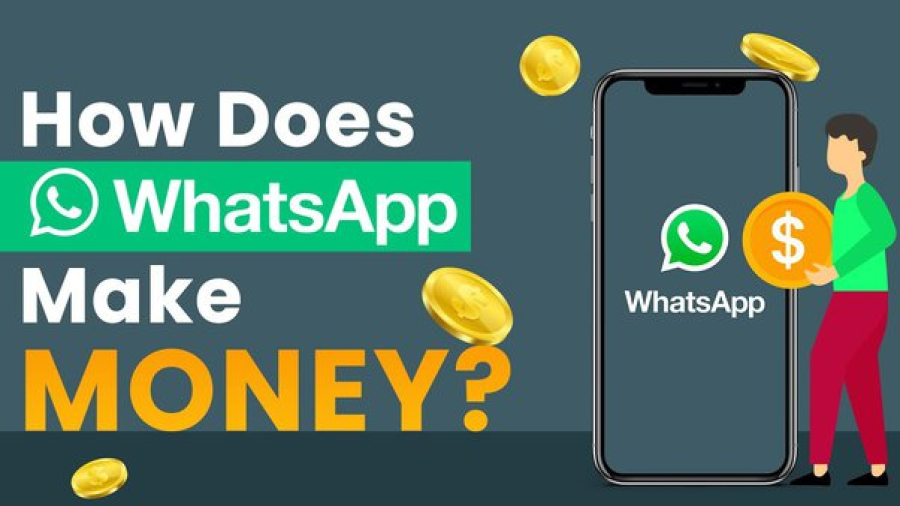Introduction
Looking to increase your website’s revenue beyond Google AdSense? Discover five alternative ad networks that can help you maximize your earnings potential. From niche-specific platforms to innovative ad formats, these alternatives offer various options to diversify your income streams. Let’s explore these top ad networks!
Media.net
Media.net, a leading contextual advertising network, provides a wide range of ad formats such as display, native, and video ads. Owned by Yahoo!, Media.net offers high-quality advertisers and competitive revenue shares for publishers. With advanced ad targeting algorithms, Media.net delivers relevant ads, increasing engagement and earning potential.
Key Features:
- Contextual ads tailored to your content
- Competitive revenue share model
- User-friendly interface for easy ad management
Ezoic
Ezoic, an AI-driven platform, uses machine learning to optimize ad placements and formats for maximum revenue. Through multivariate testing, Ezoic helps publishers identify profitable ad configurations based on user behavior. Balancing revenue generation with user experience, Ezoic aims to increase engagement and earnings.
Key Features:
- AI-powered ad optimization for increased revenue
- User-centric approach to balancing ads and content
- In-depth analytics for data-driven decision-making
Monumetric
Monumetric, a premium ad network, focuses on high-traffic websites to maximize monetization potential. With personalized account management and strategic ad placements, Monumetric offers a hands-on approach to optimize ad revenue. Partnering with reputable advertisers ensures competitive CPM rates and quality ads.
Key Features:
- Personalized account management for tailored monetization strategies
- Premium ad placements for maximum visibility
- Competitive CPM rates and quality ad inventory
Infolinks
Infolinks, a pioneer in in-text advertising, offers contextual ads that seamlessly blend with content. Analyzing keywords in text, Infolinks displays relevant ads for enhanced user experience. With customizable ad options and quick setup, Infolinks provides flexibility for website needs.
Key Features:
- Contextual in-text ads for unobtrusive monetization
- Customizable ad options for seamless integration
- Quick and easy setup with minimal maintenance
PropellerAds
PropellerAds, a global advertising network, specializes in push notifications, native ads, and pop-under ads. Focused on performance-driven campaigns and high-converting ad formats, PropellerAds helps publishers effectively monetize their traffic. Advanced targeting options and detailed analytics optimize ad revenue and ROI.
Key Features:
- Diverse ad formats for targeted monetization
- Advanced targeting options for optimal ad performance
- Detailed analytics for real-time campaign optimization
Conclusion
Exploring these top five alternatives to Google AdSense can unlock new revenue opportunities and optimize your monetization strategy. Whether you seek contextual ads, AI-driven optimization, premium placements, in-text advertising, or performance-based campaigns, these ad networks offer diverse options for your website. Experiment with different platforms, track results, and optimize ad placements to boost earnings and enhance user engagement. Happy monetizing!



